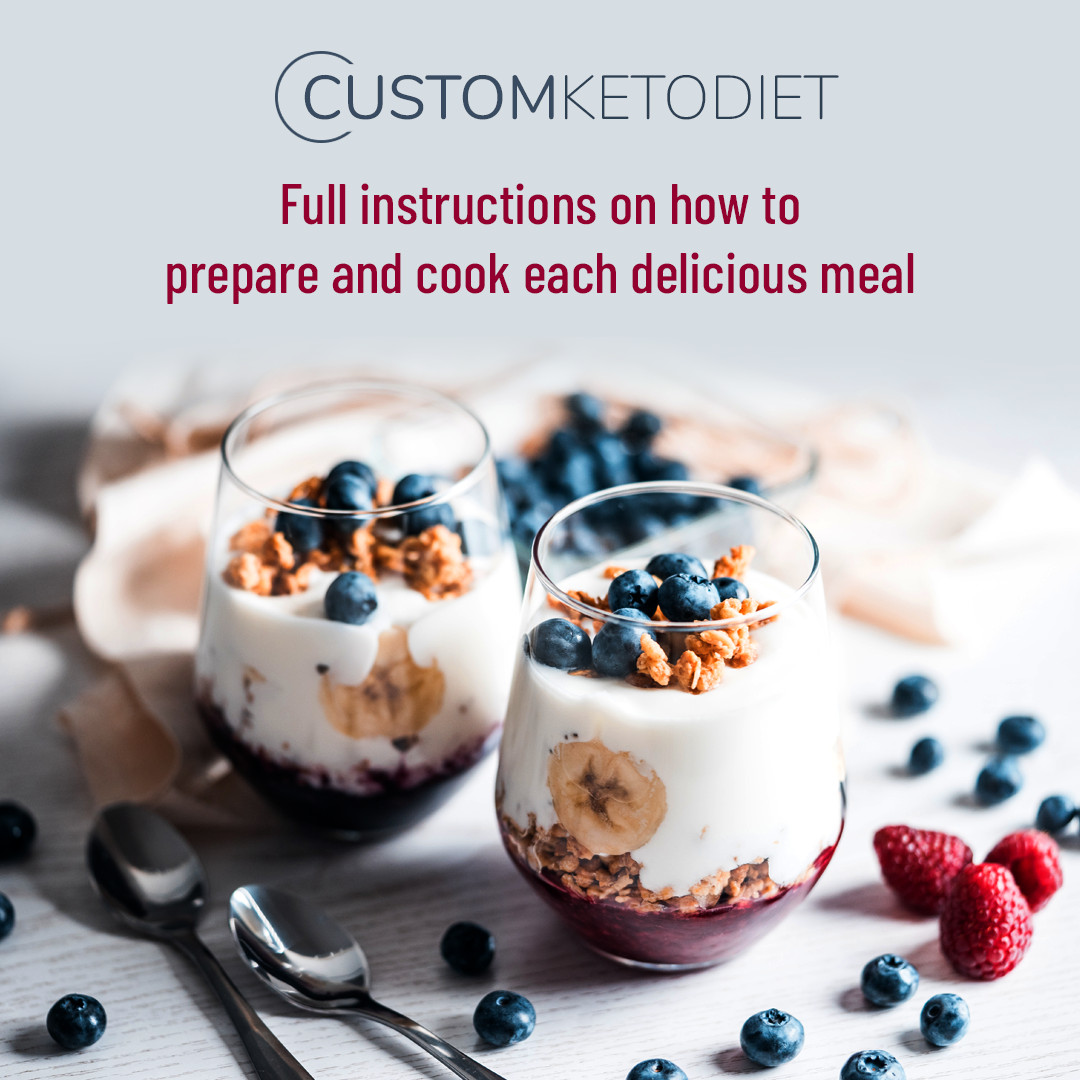A healthy diet is essential for avoiding sickness.
After all, the old adage "one apple a day keeps the doctor away" may be true after all. Consuming nutrient-dense meals high in specific vitamins can aid your immune system's ability to fight disease.
We spoke with Julia Zumpano, RD, LD, a registered dietitian, to learn more about these vitamins, where you can get them in foods, and how they may help you stay healthy. What she had to say was as follows:
Vitamin C is one of the most powerful immune system enhancers. In fact, a deficiency of vitamin C might make you more susceptible to illness. Oranges, grapefruits, tangerines, strawberries, bell peppers, spinach, kale, and broccoli are all high in vitamin C. Because your body does neither make or store vitamin C, it is necessary to consume it on a daily basis for optimal health. The good news is that vitamin C is found in so many foods that most individuals don't need to take it unless their doctor recommends it.
Vitamin B6 is essential for the immune system's metabolic functions. Chicken and cold-water seafood like salmon and tuna are high in vitamin B6. Green vegetables and chickpeas, which are the major ingredient in hummus, also contain vitamin B6. Vitamin E is a potent antioxidant that aids in the body's infection-fighting abilities. Nuts, seeds, and spinach are all high in vitamin E.
How to Shop for Food to Boost Immunity
When shopping for fruits and veggies at the grocery store or farmers market, remember this simple rule: the more colourful the produce, the better.
"Try to eat a wide range of meals," Zumpano advises, "and attempt to consume fruit and vegetables from every hue of the rainbow." "Your plate will appear more appealing, and you'll make sure you're eating as many health-promoting vitamins and nutrients as possible."
It's also crucial to remember that keeping healthy eating habits over time helps you develop a robust immune system. You can't eat four oranges for breakfast and expect to be immune to acquiring a cold the next day.
Is it true that vitamins may boost your immunity?
While vitamins and supplements can help fill in the gaps in your diet, getting critical nutrients directly from food is the best method to receive them.
When vitamins and minerals come from food, your body absorbs and utilises them more effectively. When it comes to vitamins and supplements, it's difficult to know how much you're getting. The Food and Drug Administration does not examine supplement quality or study their effects on the body because supplements are controlled as foods rather than medications.
Some supplements might have negative side effects, especially when used before surgery or in combination with other medications. Supplements might also be problematic if you have a medical issue. Many supplements' effects haven't been studied in children, pregnant women, or other populations.
Avoiding vitamin E supplementation is extremely crucial. Not only is there little scientific evidence that vitamin E supplements are beneficial to your health, but they may also be hazardous in some circumstances.
Because of these factors, doctors recommend getting vitamins through food rather than pills.
"If you're considering about using dietary supplements, talk to your healthcare physician," Zumpano advises.
Staying hydrated can also help your immune system, according to Zumpano. Water aids in the production of lymph, which transports white blood cells and other immune system cells throughout the body. Avoid overdoing drinks that might dehydrate you, such as coffee. Alternatively, consume more hydrating foods like cucumbers, celery, and watermelon.












0 Comments